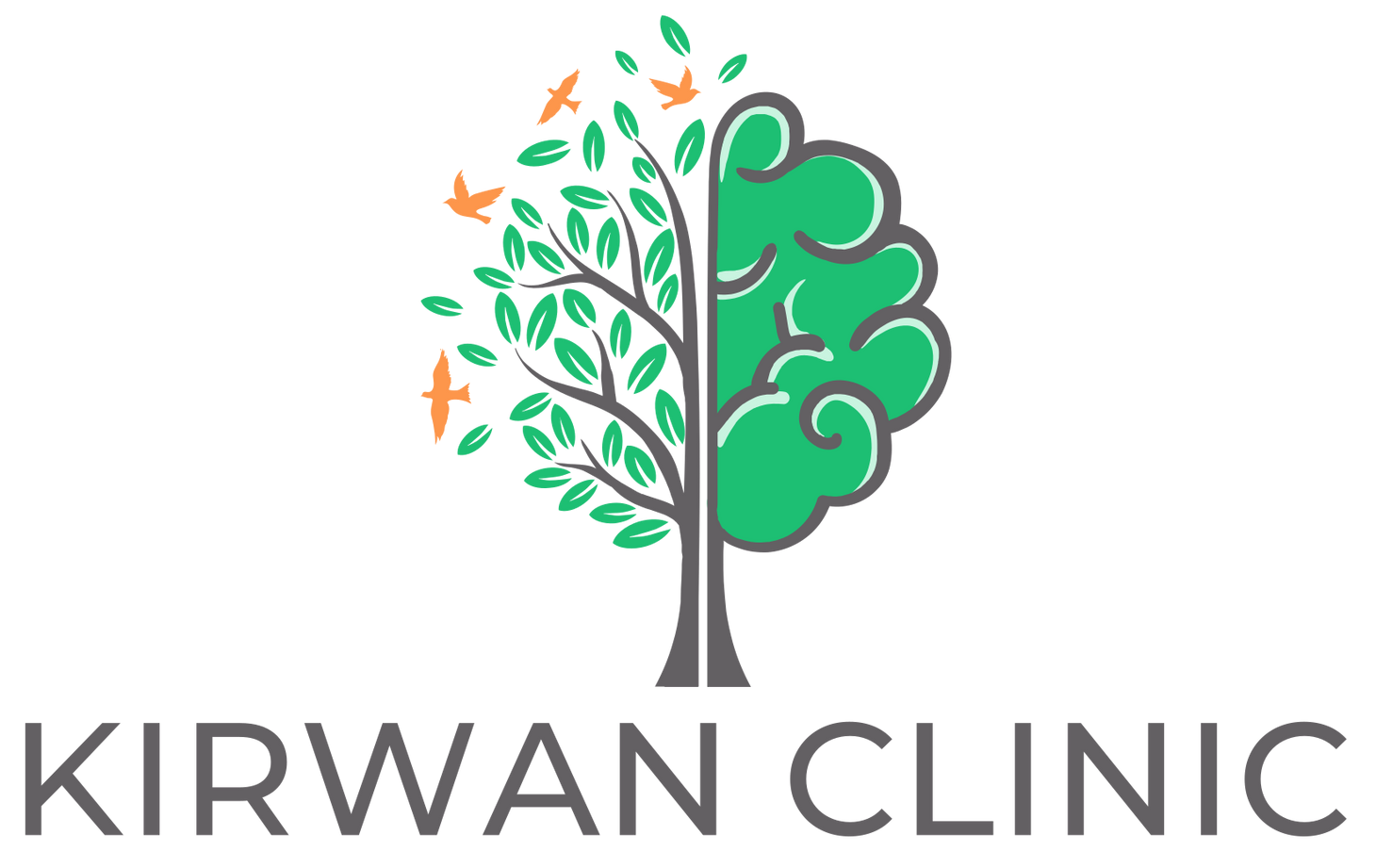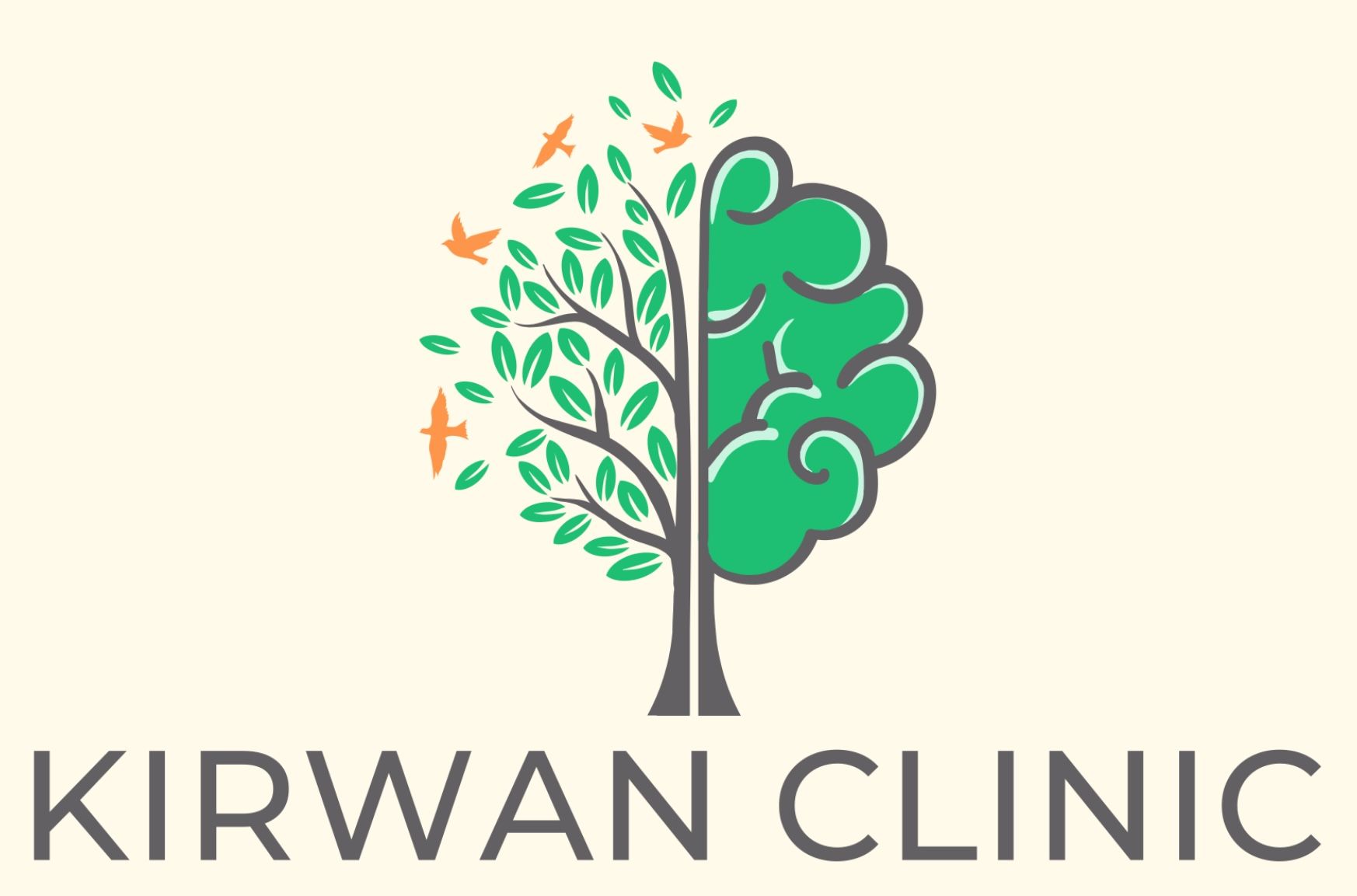Dialectical Behaviour Therapy
What is Dialectical Behaviour Therapy (DBT)?
Dialectical Behaviour Therapy (DBT) is a form of cognitive-behavioral therapy (CBT) designed to help individuals regulate emotions, develop healthy coping mechanisms, and improve interpersonal relationships. Dr. Marsha Linehan originally developed it to treat borderline personality disorder (BPD), but it has since been adapted for other mental health conditions. DBT combines acceptance and change strategies, helping individuals acknowledge their struggles while working towards meaningful improvement.
Who is Suitable for Dialectical Behaviour Therapy?
DBT is particularly beneficial for individuals experiencing:
- Borderline Personality Disorder (BPD) or Emotionally Unstable Personality Disorder (EUPD) – DBT is one of the most effective treatments for BPD/EUPD, helping manage emotional instability and self-destructive behaviours.
- Mood Disorders – People with depression, bipolar disorder, or anxiety may benefit from DBT’s emotion regulation techniques.
- Self-Harm & Suicidal Behaviors – DBT provides tools to cope with distress in healthier ways.
- Substance Use Disorders – Helps individuals struggling with addiction by promoting mindfulness and impulse control.
- Post-Traumatic Stress Disorder (PTSD) – DBT can help process trauma and reduce emotional dysregulation.
- Eating Disorders – Especially useful for individuals with binge eating disorder or bulimia.
- ADHD or Autism with Co-Occurring Emotional Dysregulation - There are a number of conditions where emotional reactivity and regulation can be problematic, so DBT can be very useful for these.
Benefits of Dialectical Behaviour Therapy
- Emotional Regulation – Helps individuals manage intense emotions effectively.
- Improved Relationships – Teaches interpersonal skills to enhance communication and connection with others.
- Enhanced Coping Skills – Provides techniques to handle stress, crises, and distress.
- Increased Self-Awareness – Encourages mindfulness and self-acceptance.
- Reduction in Harmful Behaviors – Helps decrease self-harm, suicidal thoughts, and substance abuse.
- Better Decision-Making – Encourages logical thinking and reduces impulsive behaviours.
Types of Dialectical Behaviour Therapy
DBT is typically delivered through four key components:
- Individual Therapy – One-on-one sessions with a therapist to address personal challenges.
- Skills Training Groups – Group sessions that focus on teaching core DBT skills, such as:
- Mindfulness – Staying present and aware without judgment.
- Distress Tolerance – Coping with crises without resorting to self-destructive behaviours.
- Emotion Regulation – Understanding and managing emotions effectively.
- Interpersonal Effectiveness – Building healthy relationships and setting boundaries.
- Phone Coaching – In some clinics, clients can contact their therapist between sessions for real-time support in managing distress.
- Consultation Team – Therapists participate in a team to ensure they provide the best support to clients.
Alternative Options to Dialectical Behaviour Therapy
If DBT is not the right fit, there are alternative therapies to consider:
- Cognitive Behavioral Therapy (CBT) – Focuses on changing negative thought patterns and behaviours.
- Acceptance and Commitment Therapy (ACT) – Encourages mindfulness and accepting difficult emotions while working toward goals.
- Schema Therapy – Targets deep-rooted patterns developed in childhood that affect present behaviours.
- Mindfulness-Based Stress Reduction (MBSR) – A structured program using mindfulness meditation to reduce stress and emotional distress.
- Psychodynamic Therapy – Explores unconscious patterns from past experiences that shape current behaviour.
- Medication Management – Some individuals may benefit from medications to manage symptoms alongside therapy.
- Support Groups – Peer-led groups can provide additional support and shared experiences.
Preparation Before Starting Dialectical Behaviour Therapy (DBT)
Before starting DBT, it is important to prepare both mentally and practically:
- Find a Qualified Therapist – Look for a therapist who specialises in DBT and has experience treating your condition.
- Understand DBT’s Structure – DBT involves individual therapy, skills training, and sometimes phone coaching. Make sure you are comfortable with this format.
- Set Personal Goals – Identify the challenges you want to address and the changes you hope to make.
- Commit to the Process – DBT requires active participation and practice outside sessions.
- Prepare Emotionally – Some sessions may be challenging, as DBT encourages deep emotional work.
- Arrange Logistics – Consider transportation, scheduling, and any financial aspects related to therapy.
Dialectical Behaviour Therapy Prognosis
The prognosis for DBT varies based on the individual and the severity of their condition, but research has shown:
- Highly Effective for BPD – Studies indicate that up to 77% of individuals with Borderline Personality Disorder (BPD) no longer meet diagnostic criteria after one year of DBT.
- Reduces Suicide Attempts – DBT has been shown to significantly lower suicidal behaviours and self-harm.
- Improves Emotional Stability – Many people experience lasting improvements in emotional regulation.
- Long-Term Benefits – DBT skills can continue to improve mental health even after therapy ends.
Dialectical Behaviour Therapy Challenges
While DBT is generally safe and effective, there are some challenges:
- Emotional Discomfort – Discussing distressing emotions can be difficult.
- Time Commitment – DBT requires consistent participation, which may be overwhelming for some.
- Therapist Availability – Not all therapists offer DBT, making access difficult in some areas.
- Relapse Risk – Some individuals may struggle to maintain progress if they stop practising DBT skills.
- Not a Quick Fix – DBT takes time, and results may not be immediate.
Overall, DBT is an effective treatment for a wide range of conditions where emotional reactivity/dysregulation is a core symptom, and it also works well alongside other treatments such as CBT or medication.


